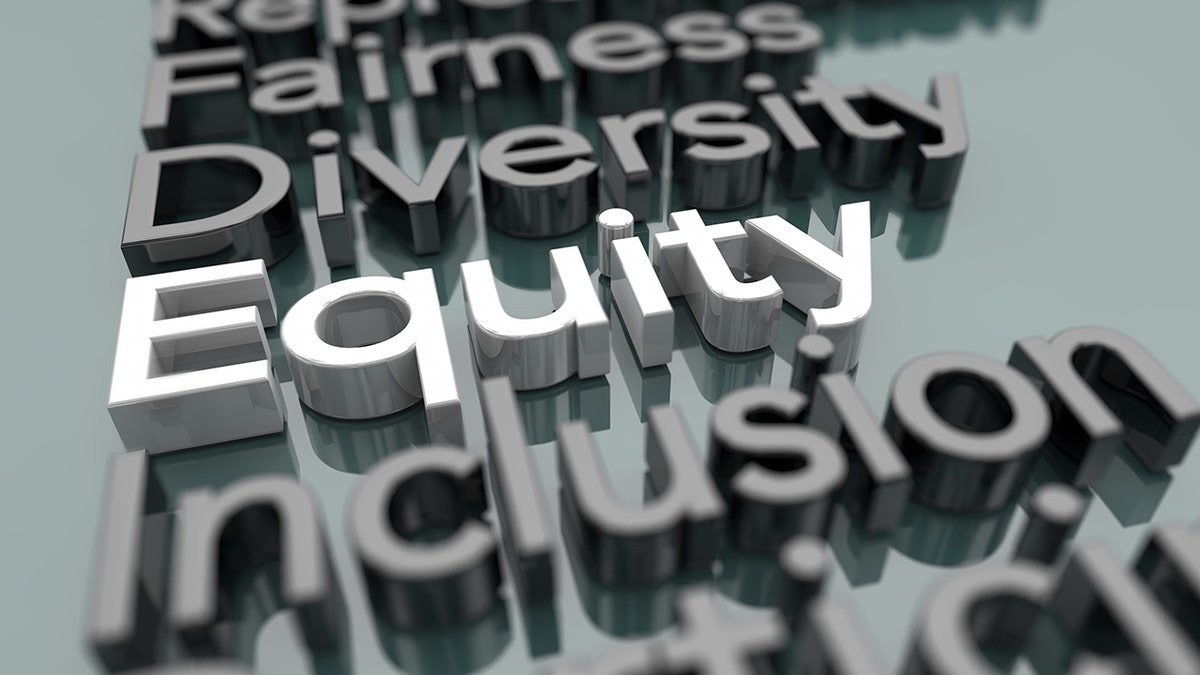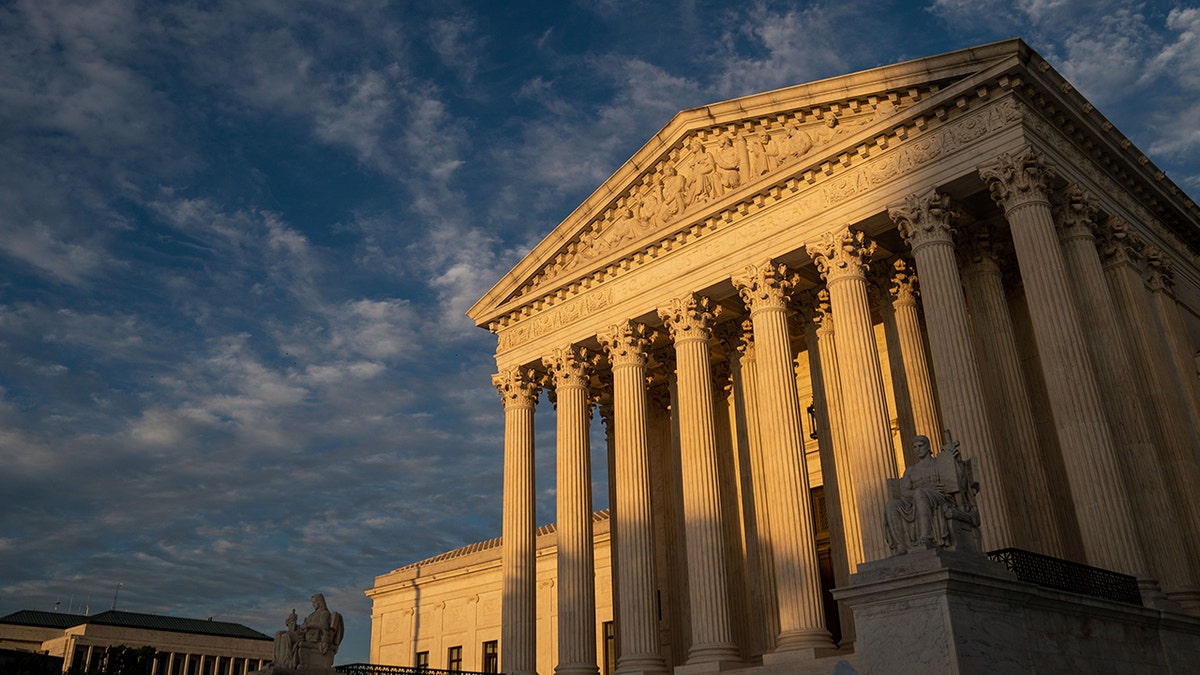Senator on SCOTUS affirmative action ruling: ‘Progress in America is palpable’
2024 presidential candidate Sen. Tim Scott reacts to the Supreme Court decision that struck down affirmative action and addresses the declining patriotism in the United States.
The Supreme Court decision last month that ruled against affirmative action in higher education could dismantle diversity, equity and inclusion (DEI) programs in corporate America, experts say.
On Thursday, the Supreme Court said in a 6-3 decision that colleges and universities could not include race considerations in their admissions process, effectively outlawing what's known as affirmative action and upending previous legal precedent that allowed it.
The decision has sparked debate on if and how it could influence other sectors of public life, including the hiring and promotion practices of companies and corporations.
Fox News Digital spoke with experts who say the decision could mean that corporations could be held liable for "wokeism" in DEI programs and policies.

The Supreme Court has ruled that colleges and universities can't include race considerations in their admissions process. (AP Photo / J. Scott Applewhite / File)
Will Hild, executive director of Consumers' Research, says that case could expose companies who prioritize race in staffing decisions as violating the Civil Rights Act.
"That fig leaf has now gone. There's no question that affirmative action, racially based hiring and promotion schemes violate the Civil Rights Act," Hild said.
"And you no longer have this even potential loophole of the affirmative action jurisprudence. I think … you're going to see a lot of companies, their legal compliance officers, are going to review what their DEI departments are doing and probably tell them to cut it out," he said.
"I think you'll see a lot of companies who might even get rid of their DEI departments because the philosophy around the DEI is almost directly in contradiction with law to begin with," he added.

Will Hild of Consumers' Research says the Supreme Court's affirmative action decision could force companies to get rid of DEI departments. (Adobe Stock)
Hild said that while most affirmative action legal precedent has involved higher education, corporations had been relying on that jurisprudence to justify certain DEI practices.
"This is going to put wind in the sails of groups like mine and others who are focused on getting the wokeism out of corporate America. They no longer even have this fig leaf of this pre-Harvard case jurisprudence," Hild said.
Hild said that during 2020-2022, he saw companies engaging in "hiring promotion schemes" that in some cases were "explicitly racially based." Now, those companies could be exposed to litigation.
"And they were already, I think, playing with fire there and inviting some pretty serious litigation. Now, there really isn't even a legal argument to be made that they can engage in this kind of behavior." Hild said.

The Supreme Court (Kent Nishimura / Los Angeles Times via Getty Images / File)
"If they're doing it explicitly, it's going to be a very fast and negative case for them," Hild said.
"And if they're doing it quietly, I think they're playing with fire. If it comes out in emails or communications that, they may not have said it on the job application, but they were discriminating quietly within the company, they're not going to have any legal defense at this point that their goals were noble and so it's OK. It's just flat-out illegal now," he said.
Gene Hamilton, general counsel for America First Legal, said that the Supreme Court decision signals the "writing on the wall" for corporations.
"If I was advising major corporations and law schools and medical schools and everything else, I would tell them to immediately get out of the business of racial preferences and out of the business of racial quotas," Hamilton said.
"Because what we see is the writing on the wall. We see the fact that there is no tolerance amongst the majority of Supreme Court for these types of divisive programs," he said.
"Tread carefully," Hamilton warned, "there is a lot of liability for employers in this space."
CLICK HERE TO GET THE FOX NEWS APP
Justice Clarence Thomas said the court's decision "sees the universities’ admissions policies for what they are: rudderless, race-based preferences designed to ensure a particular racial mix in their entering classes."
"Individuals are the sum of their unique experiences, challenges and accomplishments. What matters is not the barriers they face but how they choose to confront them. And their race is not to blame for everything – good or bad – that happens in their lives," Thomas said. "A contrary, myopic world view based on individuals’ skin color to the total exclusion of their personal choices is nothing short of racial determinism."














































